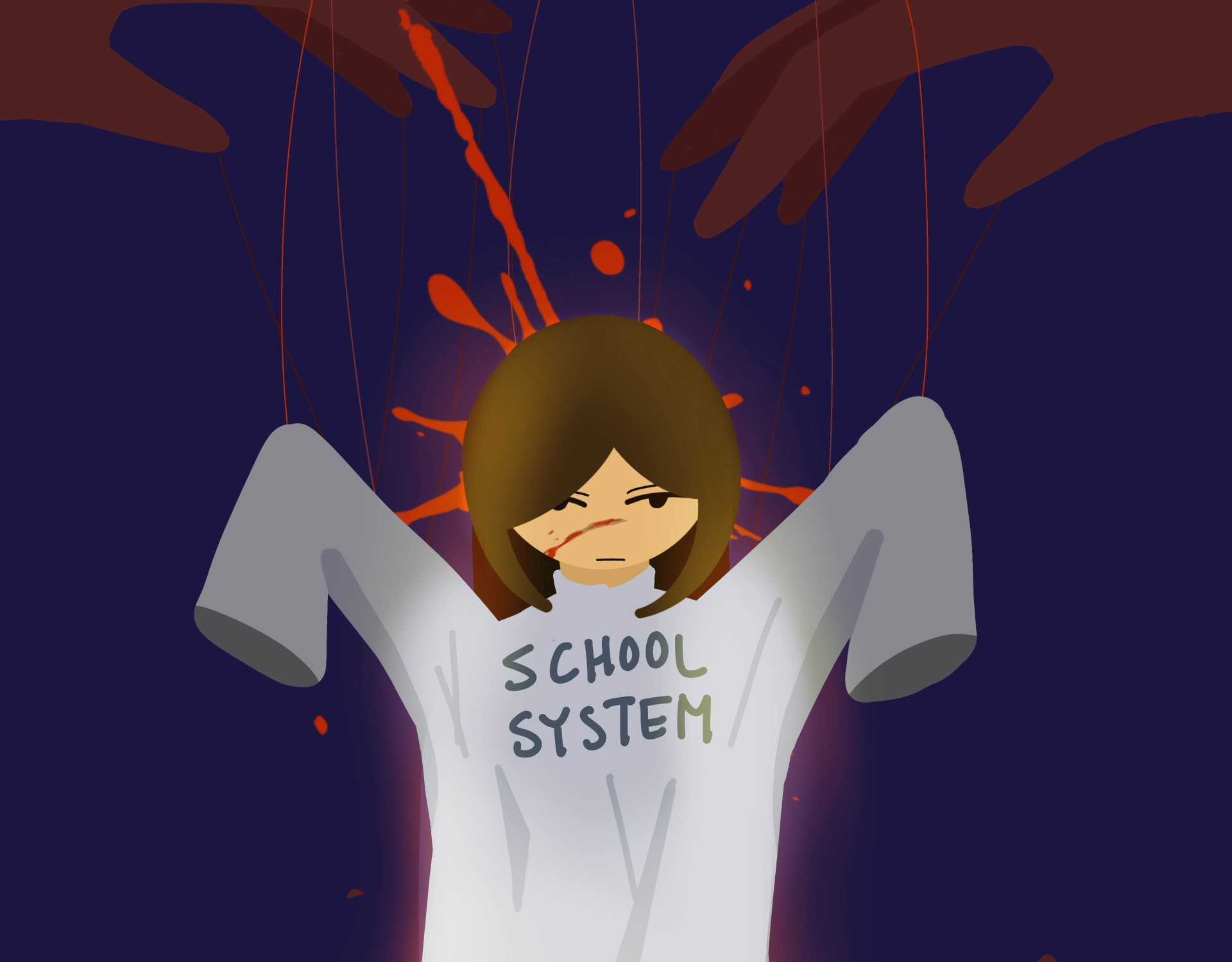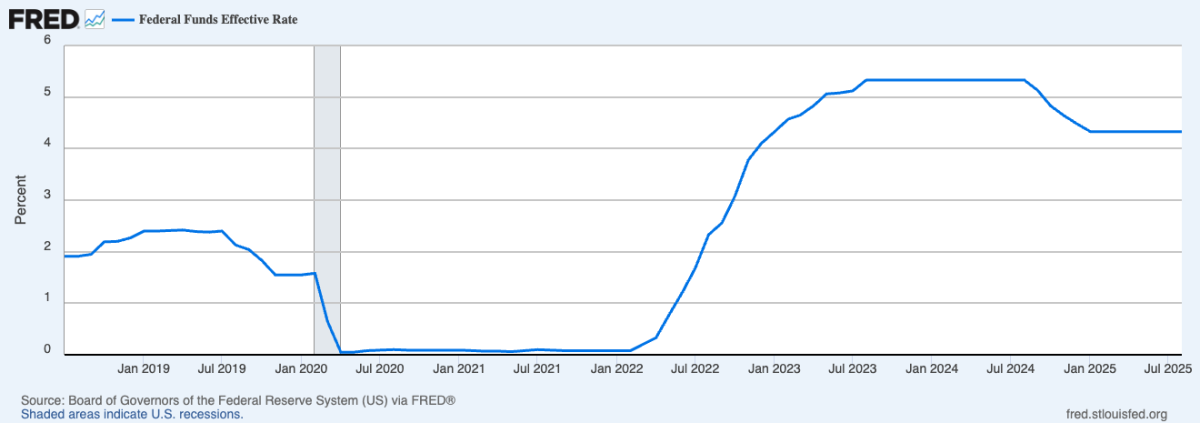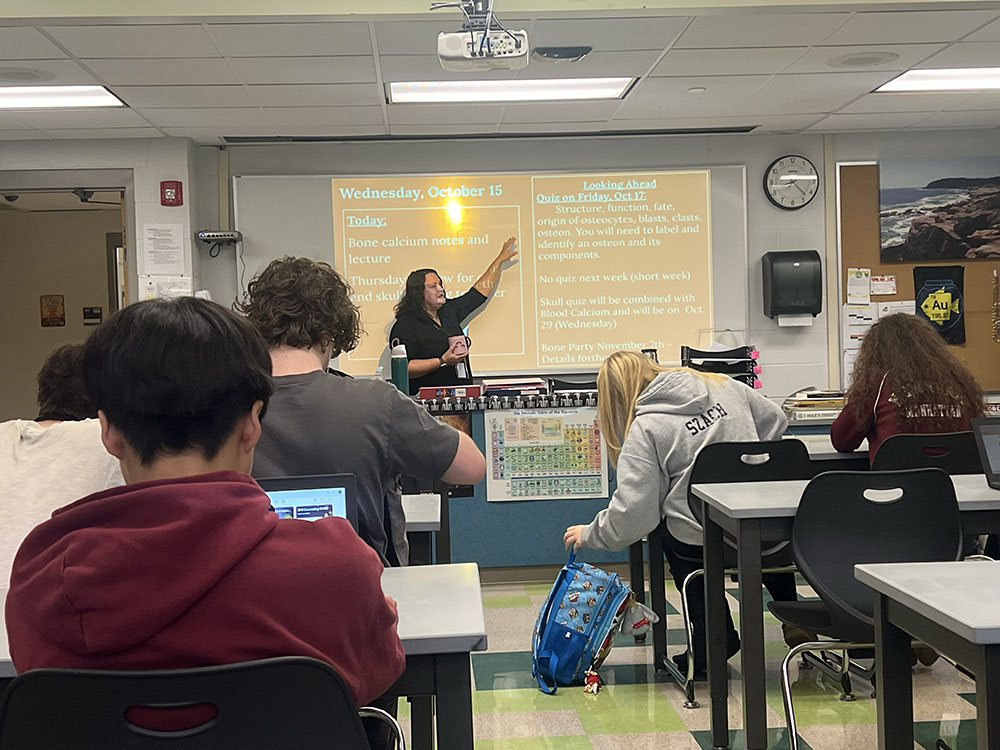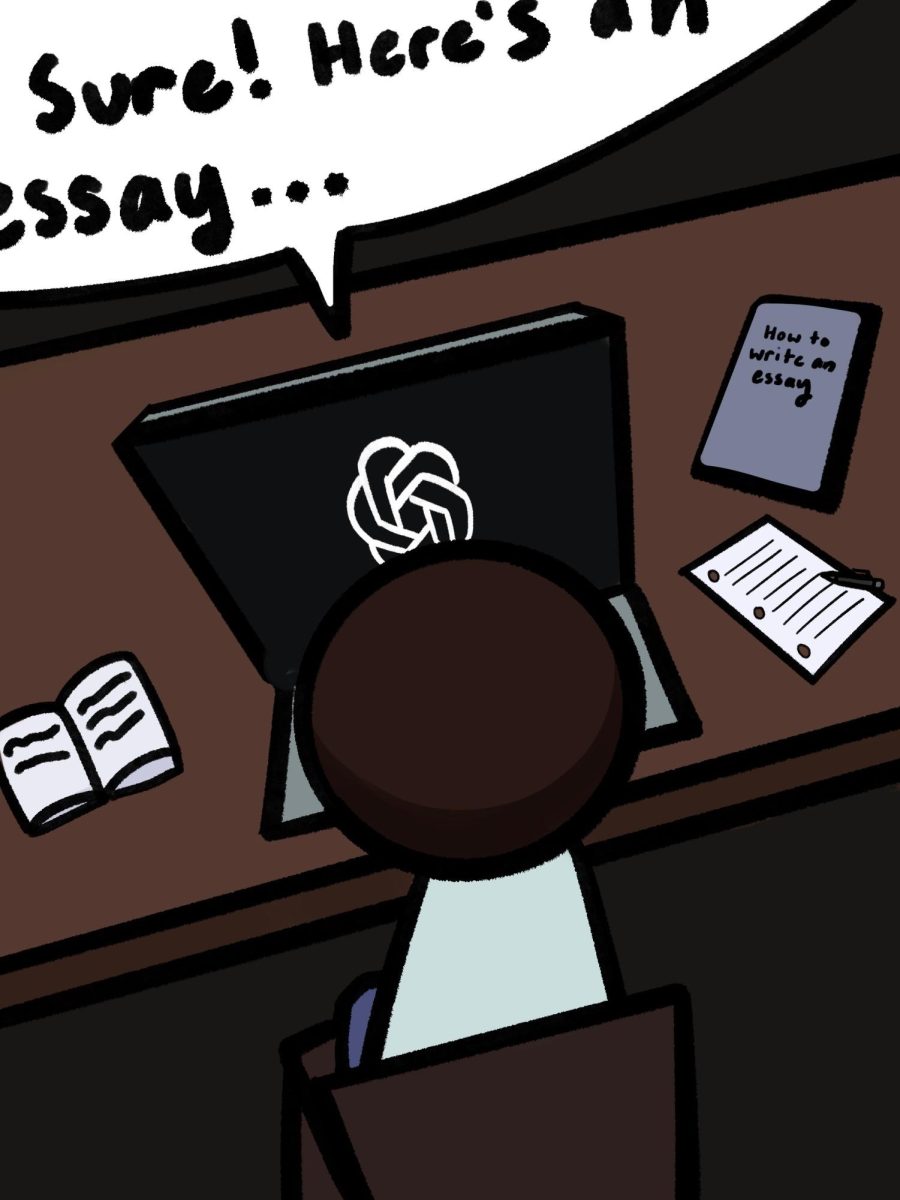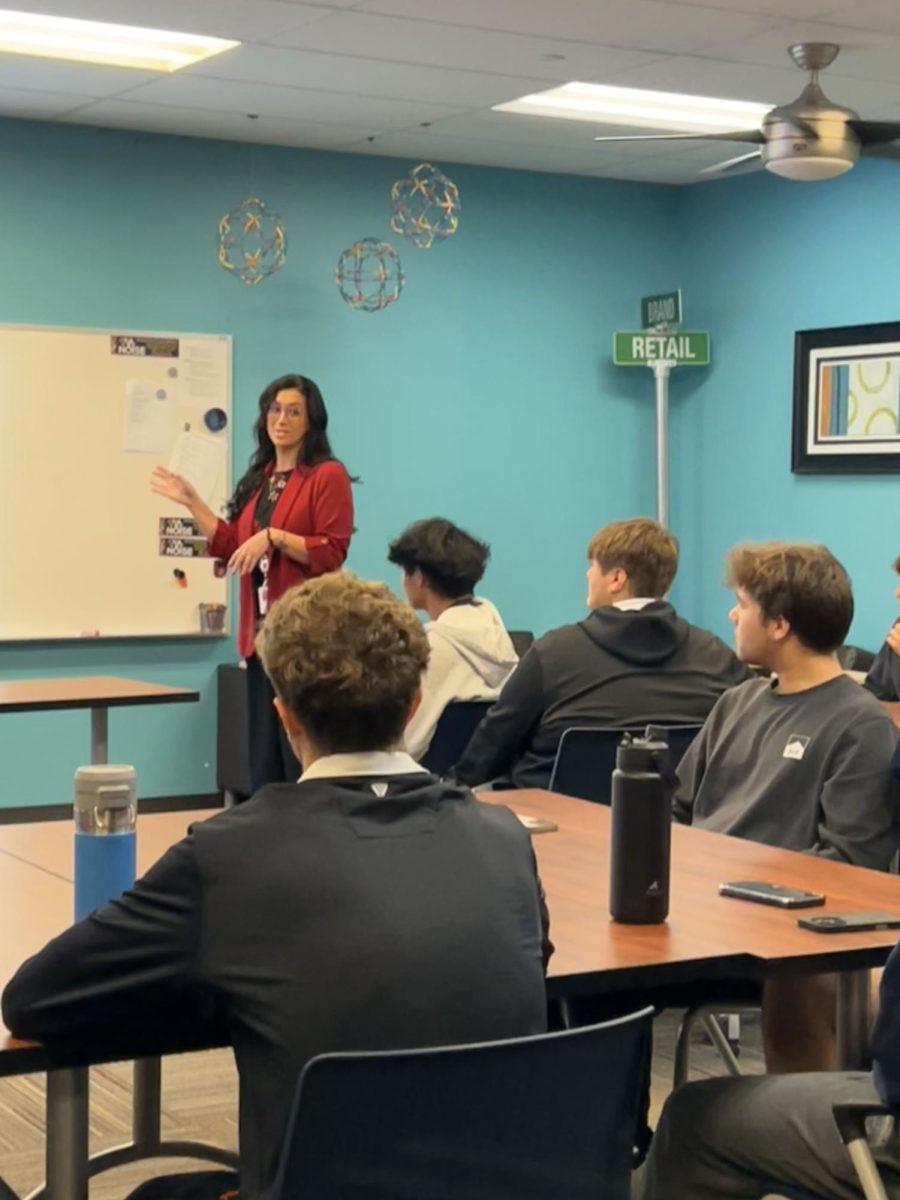President Trump has proposed a wide variety of plans with regards to education, including returning education back to the states by closing the U.S. Department of Education (DOE) and removing “leftwing propaganda” from schools. Additionally, Trump has championed the incorporation of Christianity in education and anti-DEI legislation.
Since removing the U.S. DOE would require congressional approval, we believe it is unlikely to happen. Removing the DOE could result in the removal of support for programs such as Title I, Head Start and IDEA, detrimentally impacting disabled and low-income students. Furthermore, removing the DOE could negatively impact students enrolled in English as a Second Language (ESL) programs, possibly cutting the funds provided by Title III of the Every Student Succeeds Act.
While states such as New York have more money to spend on education, states such as Arizona do not. However, regardless of whether or not the DOE is shuttered, we believe that protecting vulnerable populations should remain prioritized by schools. We hope to see a commitment from policymakers to uphold educational equity regardless of any structural changes to the DOE.
We are concerned about a gradual mingling between public education and religion. Recently, efforts to incorporate more Christianity in class have been introduced in several states. In Texas, a curriculum intertwining language arts classes with the bible was approved. In Oklahoma, the state superintendent of education called for the bible to be taught in lessons given to students in grades 5-12, which schools declined to follow. In Utah, lawmakers designated the Ten Commandments as a historical document, allowing teachers to post it in their classrooms. We believe that muddling the lines between education and religious practice in public schools can be dangerous, possibly resulting in religious tension and violence. We also worry that religious values should be up to parents to instill, not schools.
We are also worried about the implications of Trump’s push for anti-DEI legislation. Since DEI attempts to include people of different races, abilities and genders, anti-DEI legislation seems aimed at vulnerable populations, including transgender people. Upon entering office, Trump signed an executive order stating that only two genders would be recognized.
Ohio has seen several anti-LGBTQ+ bills passed within the past year. Last year, the Ohio legislature overrode Governor DeWine’s veto to pass House Bill 68, prohibiting transgender minors from receiving gender-affirming medical care. Recently, House Bill 8 was passed, requiring teachers to receive parental permission before including any “sexuality” content in classes.
These bills–passed before Trump even took office–foreshadow a dismal future for vulnerable populations in Ohio. Since we have classmates who identify as LGBTQ+, we are worried about what this trend in legislation can mean for them.
Ultimately, we worry that many of Trump’s proposals would harm public education by hindering previous efforts to advance educational equity. We believe that education should unite, not divide, and reforms should prioritize and consider the well-being of every student.

